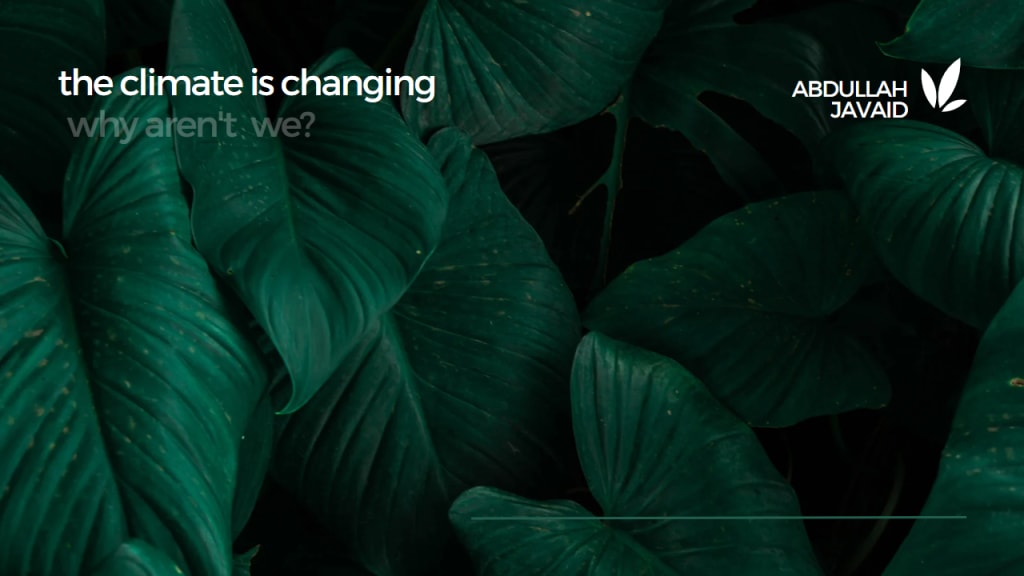The changing nature of work
A discussion of the challenges and opportunities presented by the gig economy and remote work.

The nature of work has been changing rapidly over the last few decades due to various factors such as globalization, technology, and changing societal values. This shift has had a profound impact on individuals, organizations, and society as a whole. In this article, we will explore the changing nature of work and its implications.
One of the most significant changes in the nature of work is the rise of the gig economy. This refers to a labor market characterized by short-term contracts or freelance work rather than permanent jobs. The gig economy has been enabled by the rise of digital platforms such as Uber, Airbnb, and Upwork, which connect independent workers with clients or customers. The gig economy offers greater flexibility and autonomy for workers, but it also has its drawbacks, such as the lack of job security and benefits.
Another trend that is transforming the nature of work is the increasing use of automation and artificial intelligence (AI). Automation is the use of technology to perform tasks that were previously done by humans. AI is the ability of machines to perform tasks that typically require human intelligence, such as problem-solving and decision-making. The rise of automation and AI has led to fears of job displacement, but it also has the potential to create new jobs and increase productivity.
The changing nature of work has also led to a shift in the skills and education required for success. In the past, a college degree was often sufficient for a well-paying job. However, as the economy has shifted towards high-skill, high-wage jobs, workers need more specialized skills and knowledge to succeed. This has led to a growing emphasis on lifelong learning and upskilling.
In addition, the changing nature of work has led to a shift in the relationship between workers and employers. In the past, workers often had a long-term relationship with a single employer, with whom they had a sense of loyalty and commitment. However, in the gig economy, workers may have multiple employers or clients, and the relationship between worker and employer is often more transactional.
The changing nature of work has also had implications for workplace culture and diversity. As remote work and flexible schedules become more common, traditional hierarchies and structures are being challenged. This has led to a more diverse and inclusive workplace, where employees are valued for their skills and contributions rather than their background or status.
Finally, the changing nature of work has had a profound impact on the way we think about work-life balance. In the past, work was often seen as a necessary evil that interfered with our personal lives. However, as work becomes more flexible and integrated into our lives, there is a growing recognition of the importance of work-life balance. This has led to a shift in workplace policies and practices, such as flexible schedules, remote work, and parental leave.
In conclusion, the nature of work has been changing rapidly due to various factors such as the gig economy, automation and AI, and changing societal values. These changes have had significant implications for individuals, organizations, and society as a whole. As we look to the future, it is essential to embrace these changes and adapt to the new realities of work. This requires a commitment to lifelong learning, upskilling, and embracing new technologies and ways of working. By doing so, we can ensure that the changing nature of work benefits everyone and creates a more prosperous and inclusive society.So, Ask youre Self this Question: The Climate Is Changing But Why Arent We? Ask This To youre Self.
About the Creator
Abdullah Javaid Khan
Im a Passionate Writer with a talent for crafting compelling stories and insightful commentary. With 2 Years Of experience in the writing industry,i have honed skills across a range of genres,from fiction to facts,journaslism to poetry.






Comments
There are no comments for this story
Be the first to respond and start the conversation.